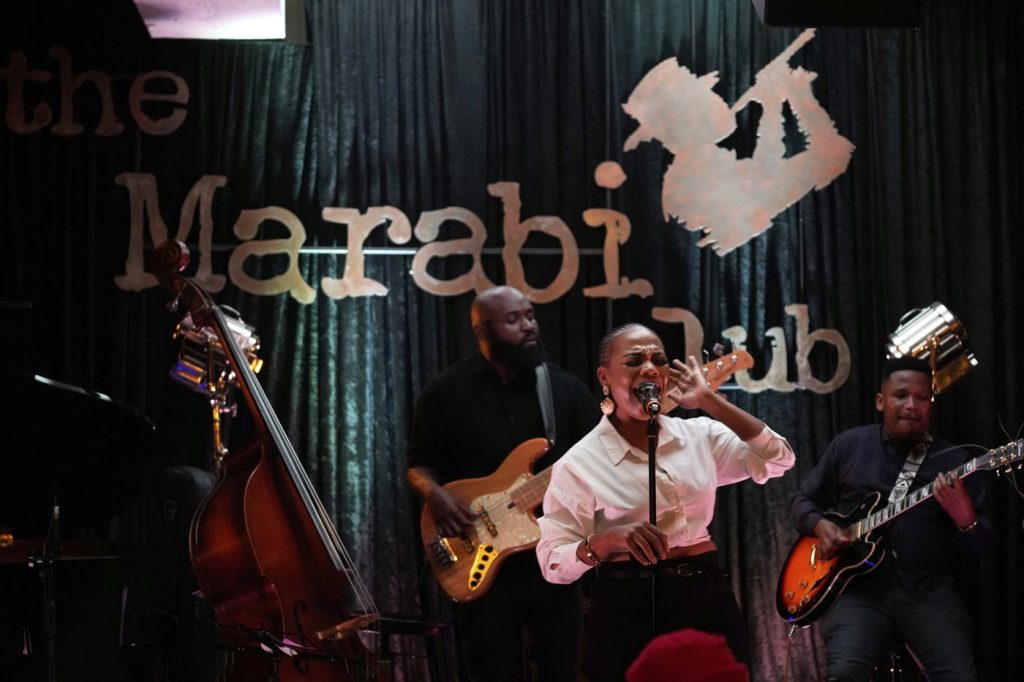On a Friday evening in downtown Johannesburg, groups of men gather on a dark street as a security patrol passes by. Nearby, the Marabi Club, a renowned jazz venue, is hosting its final Friday night show before closing, marking a significant loss amid the city center’s deterioration and stark inequalities in post-apartheid South Africa.
Renata Lawton-Misra, a 34-year-old climate change consultant, expressed her sadness over the club's closure, calling it a sign of the city's decline. Her husband, Kyle Schutte, a 38-year-old financial consultant, noted that safety concerns have deterred many, including himself, from visiting downtown Johannesburg, which has gained notoriety for rampant crime and poor infrastructure since the end of the apartheid system in 1994.
The Marabi Club, founded in 2017 by TJ Steyn and Dale De Ruig, was part of a decade-long initiative to revitalize downtown Johannesburg, particularly the Maboneng district. Initially drawing high-profile visitors like Jay Z and Beyonce, the club was named after marabi, a jazz movement born in the 1920s that celebrated South Africa's rich musical heritage. At that time, miners would flock to illegal taverns drawn by the captivating sounds of marabi music.
Mbalizethu Siluma, the club’s resident vocalist, shared her personal connection to the genre, as she grew up singing marabi. Alas, the impact of South Africa's strict COVID-19 lockdowns and a series of ineffective mayors—eight in five years—led to increased neglect of essential public services and infrastructure in the area.
The dire state of downtown Johannesburg captured global attention in 2023 when a fire in an overcrowded, unregulated apartment building resulted in 76 fatalities. De Ruig emphasized the lack of support from the city for the club's maintenance and safety, noting that their requests for improved lighting and security were consistently ignored.
While the city government refrained from commenting on the club's closure, spokesperson Nthatisi Modingoane acknowledged its unfortunate impact on the creative economy. For Lusanda Netshitenzhe, a member of the Joburg Crisis Alliance, the closing symbolizes deeper, systemic issues plaguing the city management, echoing sentiments that citizens feel unsafe even in once-thriving areas like Maboneng.
In response to these challenges, Johannesburg Mayor Dada Morero vowed to implement drastic measures to revive the inner city, such as refurbishing abandoned buildings and enhancing public lighting. Unfortunately, these efforts came too late for the Marabi Club and its vibrant atmosphere.
De Ruig and Steyn are contemplating relocating the club to Steyn City, a gated community 32 kilometers north of Johannesburg's city center, while the downtown area remains a realm for those unable to afford to leave. The legacy of Marabi might endure, but its current home faces a bleak reality marked by neglect and despair.











